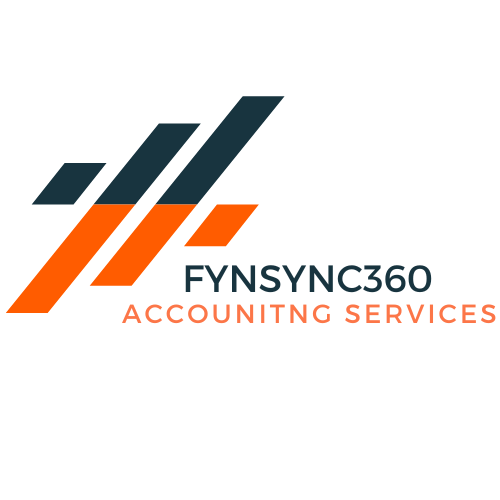In the competitive and project-driven world of construction, effective financial management can significantly influence the success and sustainability of a firm. Proper bookkeeping practices are essential, not only for compliance and operational efficiency but also for strategic planning and growth. This article delves into practical bookkeeping tips for construction firms, focusing on strategies that cater to the unique financial challenges faced by the sector. Our aim is to provide actionable insights that can enhance your firm’s financial health, thereby supporting its overall success.
1. Utilize Construction-Specific Bookkeeping Software
The first step in optimizing bookkeeping for construction firms is the adoption of industry-specific accounting software. Such software is designed to accommodate the unique aspects of construction accounting, including project-based bookkeeping, job costing, progress billing, and retention tracking. These tools provide a robust framework for accurately managing finances, reducing errors, and saving time. By selecting software with features tailored to construction, firms can ensure more precise financial tracking and reporting.

2. Maintain Accurate Job Costing & Bookkeeping
Accurate job costing is critical for construction firms. It involves tracking the costs associated with each project, including materials, labor, subcontractor fees, and equipment expenses, against the project budget. Effective job costing gives you a clear picture of project profitability and highlights areas where costs may be overrun. Regularly updating and reviewing job cost reports can help in making informed decisions, managing budgets more effectively, and identifying potential issues before they escalate.

3. Implement a Systematic Approach to Change Orders
Change orders are common in construction projects and can significantly affect the project’s financial outcome. A systematic approach to managing change orders ensures that all changes are properly documented, priced, and approved before work proceeds. This process helps in maintaining budget control and avoiding disputes with clients or subcontractors over unapproved or unbilled changes.

4. Streamline Expense Tracking
Efficiently tracking expenses is vital for maintaining accurate bookkeeping records. Construction firms should establish a systematic process for recording all expenses related to projects and overheads. This includes keeping receipts, using expense tracking software, and regularly reconciling bank statements. By streamlining expense tracking, firms can ensure a real-time overview of financial health, monitor cash flow, and make better financial decisions.

5. Conduct Regular Financial Reviews Of Construction Firms
Regular financial reviews are crucial for construction firms to understand their financial position and performance. These reviews should include analyzing profit and loss statements, balance sheets, job cost reports, and cash flow statements. By conducting monthly or quarterly financial reviews, construction firms can identify trends, assess financial health, manage risks, and adjust strategies as necessary to improve profitability and growth.

6. Optimize Accounts Receivable and Payable Processes
Effective management of accounts receivable (AR) and payable (AP) is essential for maintaining healthy cash flow. Construction firms should implement policies for timely invoicing, follow-up on outstanding payments, and negotiate favorable payment terms with suppliers and subcontractors. Optimizing AR and AP processes helps in reducing cash flow gaps and ensures that the business has sufficient funds to meet its operational needs and invest in growth opportunities.

7. Seek Professional Financial Advice
Despite the best efforts to manage bookkeeping in-house, construction firms can benefit from seeking professional financial advice. Accountants or financial advisors specializing in the construction industry can provide valuable insights into tax planning, financial strategy, and compliance. They can also assist in setting up efficient bookkeeping systems, identifying cost-saving opportunities, and planning for long-term financial success.

Conclusion
Effective bookkeeping is a cornerstone of successful construction firm management. By implementing these tips, construction firms can enhance their financial tracking, improve decision-making, and pave the way for sustainable growth and profitability. Remember, the focus should always be on adopting practices that align with your firm’s specific needs and challenges. With the right strategies in place, your construction firm can achieve financial stability and thrive in the competitive construction industry.



No responses yet